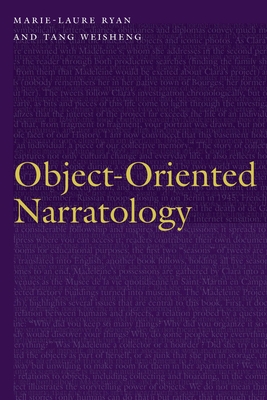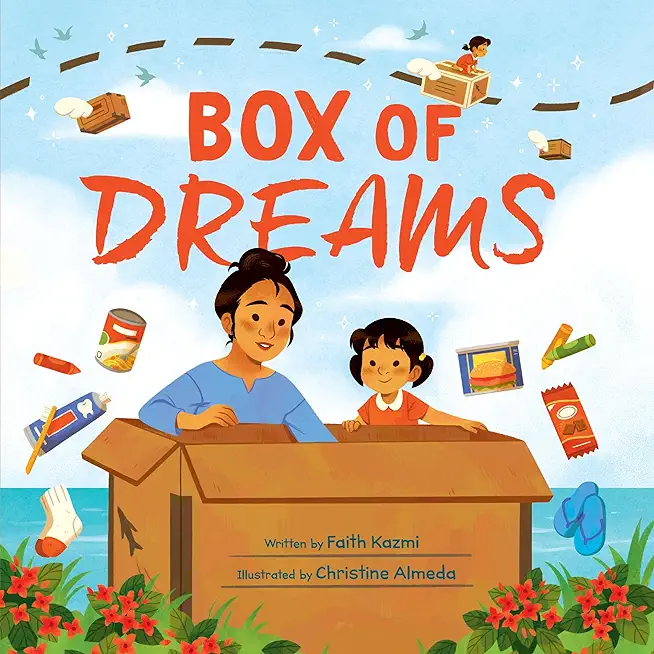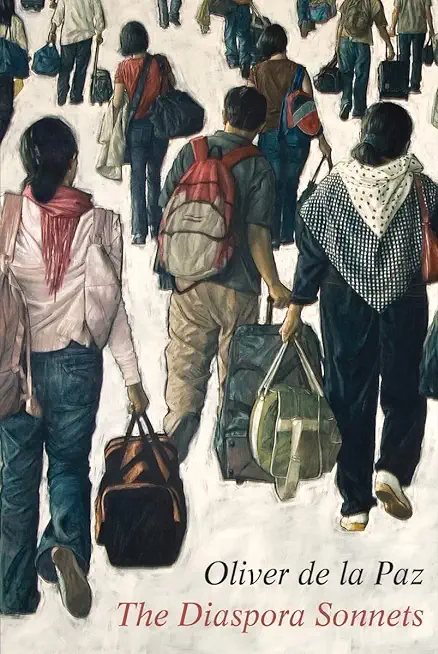
description
of critiques of anthropomorphism in the past few decades has resulted in greater attention to concrete objects in critical theories and in philosophy. This new materialism or new object philosophy marks a renewal of interest in the existence of objects. Yet while their mode of existence is independent of human cognition, it cannot erase the relation of subject to object and the foundational role of our experience of things in our mental activity. These developments have important implications for narratology. Traditional conceptions of narrative define its core components as setting, characters, and plot, but nonhuman entities play a crucial role in characterizing the setting, in enabling or impeding the actions of characters, and thus in determining plot. Marie-Laure Ryan and Tang Weisheng combine a theoretical approach that defines the basic narrative functions of objects with interpretive studies of narrative texts that rely more closely on ideas advanced by proponents of new object philosophy. Object-Oriented Narratology opens new theoretical horizons for narratology and offers individual case studies that demonstrate the richness and diversity of the ways in which narrative, both Western and non-Western, deals with humans' relationships to their material environment and with the otherness of objects.
member goods
No member items were found under this heading.
Return Policy
All sales are final
Shipping
No special shipping considerations available.
Shipping fees determined at checkout.







